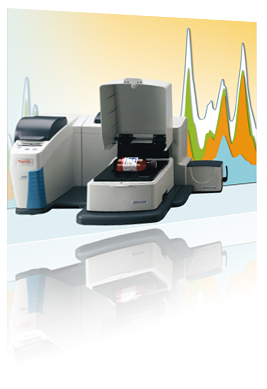Diamond biosensors from ADT
Post Date: 13 Jul 2009 Viewed: 749
Advanced Diamond Technologies (ADT) has been awarded the first phase of a 3-year, US$4.8 million contract from the US Defense Threat Reduction Agency (DTRA) to develop diamond-based sensors for the real-time detection of water-based chemical and biological agents. The project's goal is to develop miniature devices to protect first responders during a terrorist event by detecting water-borne pathogens, bacterial agents, and toxins such as E. coli, listeria, and salmonella. Project collaborators include the University of Wisconsin-Madison (UW) and the University of Illinois at Urbana-Champaign (UIUC).
ADT's nano-structured diamond, known as UNCD, will be used to make diamond devices that are extremely sensitive detectors of chemical and biological agents. Diamond forms a stable and exceptionally strong bond with biomolecules in water, whereas other materials immediately degrade and fail. This durability, coupled with ADT's expertise in the micro-fabrication of UNCD, will make portable, reusable sensors a reality.
The worldwide market for chemical and biological sensors is estimated by several market research firms to be greater than US$10 billion. The need to protect people from environmental and deliberate threats is accelerating.
Smooth, electrically conducting diamond film has many potential advantages for biosensors. By using MEMS (micro electrical mechanical systems) technology, devices can be miniaturized, making it economically feasible for people to carry a sensor in their wallet or as a piece of jewelry which would allow them, for example, to determine if water is safe to drink. In the case of military personnel or first responders, detectors could be integrated into uniforms or personal protective equipment.




